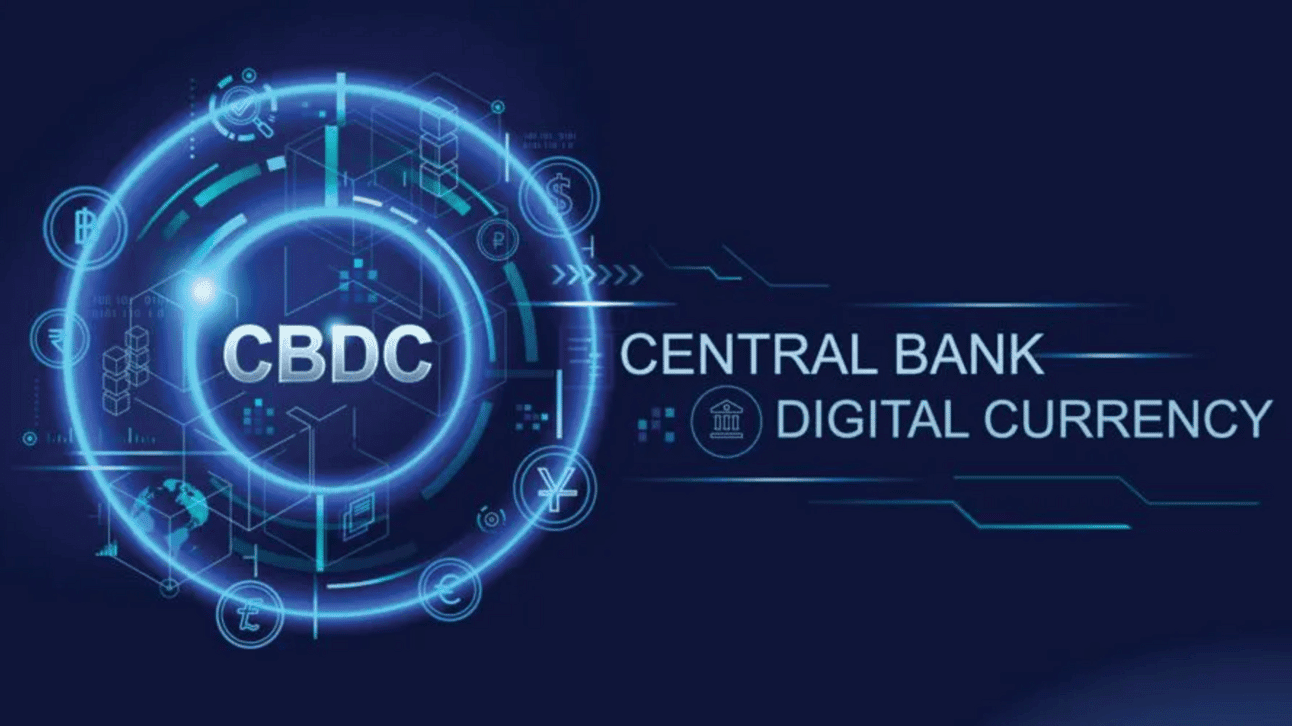
TL; DR
Full story
Okay, look, talking about CBDCs is like having a “birds and bees” conversation with your 13-year-old son.
(It has to happen, but you’re not exactly looking forward to it).
CBDCs are essentially government-run stablecoins – key words “government run.”
Typically, with crypto projects (BTC, ETH, SOL, etc.), no group or entity can change or control where the crypto can be used, or how it functions – without being voted on and reaching consensus with the user base.
However, with CBDCs, the power to change where the token can be used or how it functions lies with the government, which could lead to some problems…
Let’s take this slowly, and slowly increase our tinfoil hat panic levels…
Level 1 = Every cent you spend can be tracked in real time (when, where, who and for what) by the government.
Level 2 = Governments could start dictating where/what you spend your money on (e.g. if you want to reduce consumer spending in real time? Program a limit on all non-essential purchases for a month).
Level 3 = Your money can now be ‘switched out’ (Do something not approved by the government? The money in your account is now void).
Now…just because something sinister can be done doesn’t mean it will happen (screw Murphy’s Law, we say!).
BUT! Here’s the head scratcher:
We already have non-government stablecoins like USDT and USDC.
And the government-issued legal tender we use (for us it’s USD) works just fine without all the creepy potential for audit, you know?
One thing that has been proposed is to make the code for CBDCs open source so that everyone can see exactly what is and is not under a government’s control.
But so far, the Brazilian pilot project has shown that the Brazilian government would be able to freeze users’ funds and adjust their balances. as they please.
So while open sourcing the code that powers CBDCs is definitely a step in the right direction, it won’t stop countries themselves from implementing some crazy options for control over citizens’ funds.
We understand this is scary, so here’s another point of view on all of this:
Some see CBDCs less as a power struggle between individual citizens and governments and more as a response to the growth of privately controlled stablecoins (such as Tether and Circle).
Governments want to have control over the creation/issuance of their own currencies, and CBDCs will give them that control in the crypto space.
What is the truth of all this?
No idea. But we’ll let you know as soon as we know.
Okay, wow, that was a lot.
Time for another coffee

